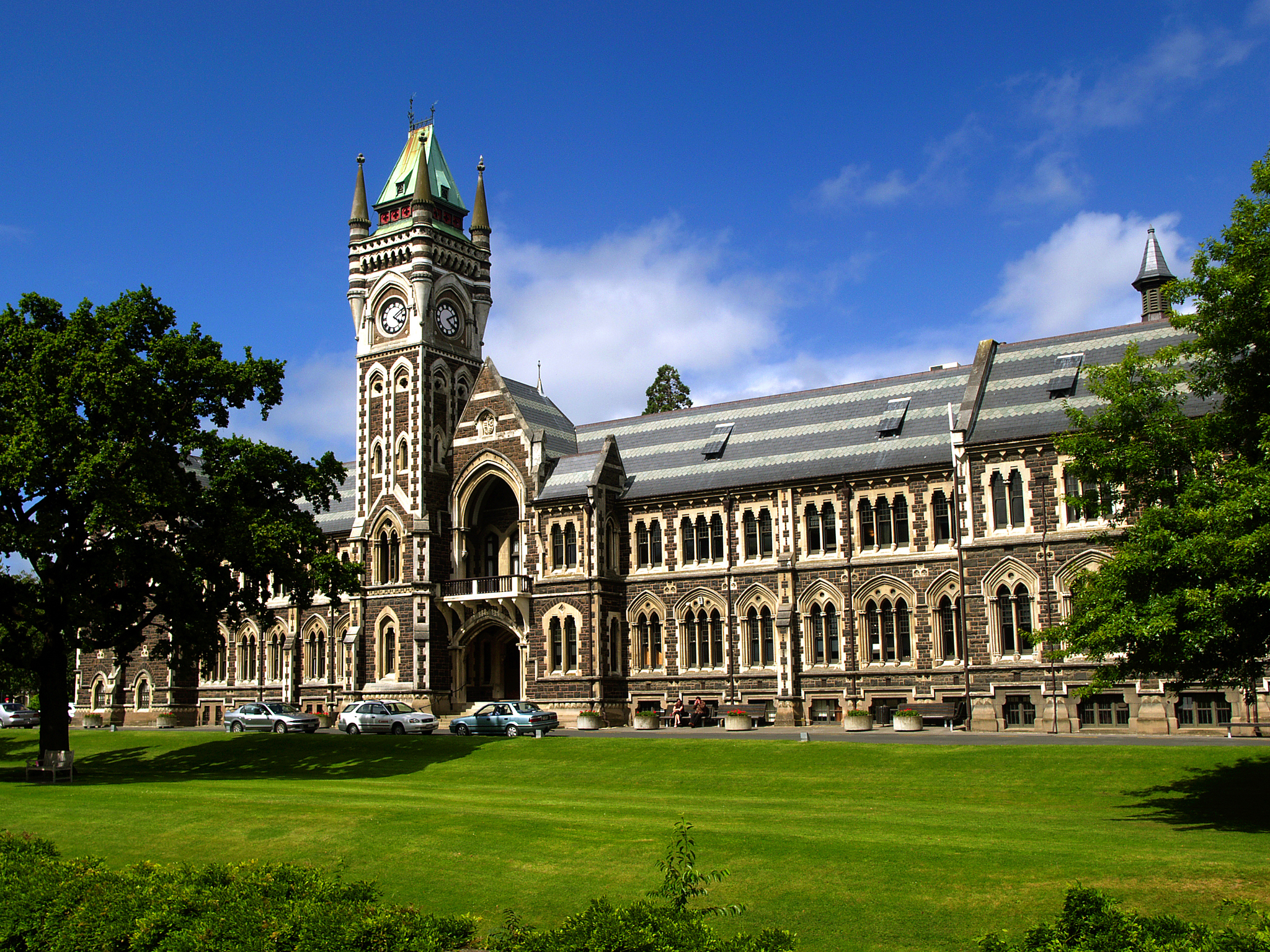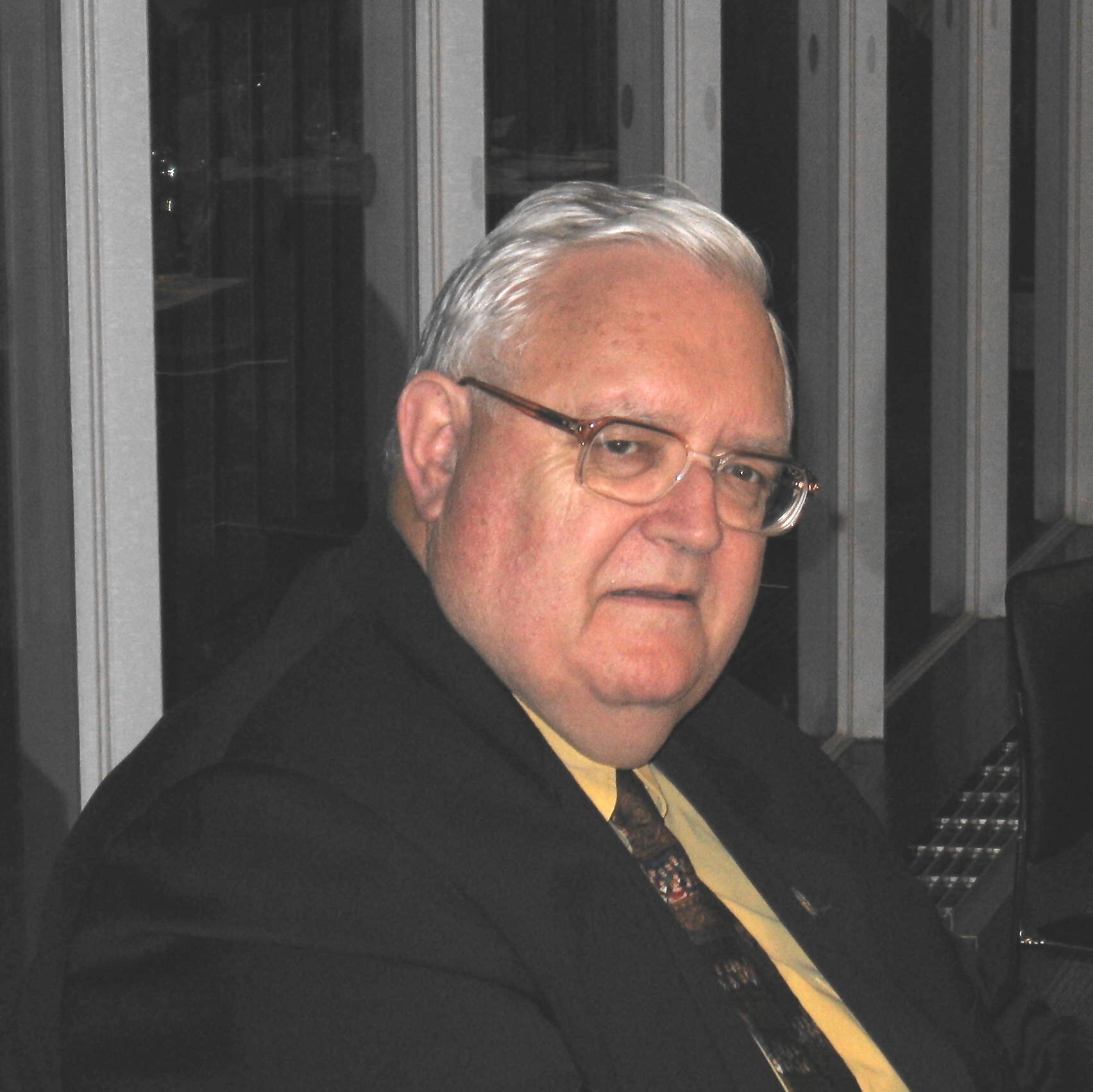|
Rory Sweetman
Rory Sweetman (born 1956) is a professional New Zealand historian. He teaches at the University of Otago in modern Irish history and has published widely on New Zealand’s ethnic and religious past. Early life Sweetman was born in Ireland and spent his childhood there and in New Zealand. He received his secondary education at St Peter's College, Auckland, New Zealand. He commenced his tertiary studies at the University of Auckland. He has history degrees from the Universities of Dublin (Trinity College) (BA (Hons) 1981) and Cambridge (Peterhouse) (Ph.D, 1991). Sweetman's doctorate from Cambridge University was on the subject, ''New Zealand Catholicism, War, Politics and the Irish Issue 1912-22''. Academic career Sweetman has specialised on the history of the Irish in New Zealand especially in the areas of religion, education, sectarianism and their engagement in general New Zealand politics. He helped develop the modern Irish history programme at the University of Otago from 1997 ... [...More Info...] [...Related Items...] OR: [Wikipedia] [Google] [Baidu] |
University Of Otago
, image_name = University of Otago Registry Building2.jpg , image_size = , caption = University clock tower , motto = la, Sapere aude , mottoeng = Dare to be wise , established = 1869; 152 years ago , type = Public research collegiate university , endowment = NZD $279.9 million (31 December 2021) , budget = NZD $756.8 million (31 December 2020) , chancellor = Stephen Higgs , vice_chancellor = David Murdoch , administrative_staff = 2,246 (2019) , academic_staff = 1,744 (2019) , students = 21,240 (2019) , undergrad = 15,635 (2014) , postgrad = 4,378 (2014) , doctoral = 1,579 (2019) , other = , city = Dunedin , province = Otago , country = New Zealand (Māori: ''Ōtepoti, Ōtākou, Aotearoa'') , coor = , campus = Urban/ University town 45 ha (111 acres) , colours = Dunedin Blue and Gold , free_label = Student Magazine , free = ''Critic'' , affiliations = MNU , website https://www.otago.ac.nz, logo = Logo of the University of Otago.svg The Un ... [...More Info...] [...Related Items...] OR: [Wikipedia] [Google] [Baidu] |
State-integrated School
In New Zealand, a state-integrated school is a former private school which has integrated into the state education system under the Private Schools Conditional Integration Act 1975, becoming a state school while retaining its special character. State-integrated schools were established by the Third Labour Government in the early 1970s as a response to the near-collapse of the country's then private Catholic school system, which had run into financial difficulties. As of July 2016, there were 329 state-integrated schools in New Zealand, of which 237 identify as Roman Catholic. They educate approximately 87,500 students, or 11.5% of New Zealand's student population, making them the second-most common type of school in New Zealand behind non-integrated state schools. History New Zealand's state education system was established in 1877. Prior to then, schools were run by church groups and other private groups. From 1852 until provinces were abolished in 1876, all schools were enti ... [...More Info...] [...Related Items...] OR: [Wikipedia] [Google] [Baidu] |
21st-century New Zealand Historians
The 1st century was the century spanning AD 1 ( I) through AD 100 ( C) according to the Julian calendar. It is often written as the or to distinguish it from the 1st century BC (or BCE) which preceded it. The 1st century is considered part of the Classical era, epoch, or historical period. The 1st century also saw the appearance of Christianity. During this period, Europe, North Africa and the Near East fell under increasing domination by the Roman Empire, which continued expanding, most notably conquering Britain under the emperor Claudius (AD 43). The reforms introduced by Augustus during his long reign stabilized the empire after the turmoil of the previous century's civil wars. Later in the century the Julio-Claudian dynasty, which had been founded by Augustus, came to an end with the suicide of Nero in AD 68. There followed the famous Year of Four Emperors, a brief period of civil war and instability, which was finally brought to an end by Vespasian, ninth Roman emperor, a ... [...More Info...] [...Related Items...] OR: [Wikipedia] [Google] [Baidu] |
Alumni Of Peterhouse, Cambridge
Alumni (singular: alumnus (masculine) or alumna (feminine)) are former students of a school, college, or university who have either attended or graduated in some fashion from the institution. The feminine plural alumnae is sometimes used for groups of women. The word is Latin and means "one who is being (or has been) nourished". The term is not synonymous with "graduate"; one can be an alumnus without graduating ( Burt Reynolds, alumnus but not graduate of Florida State, is an example). The term is sometimes used to refer to a former employee or member of an organization, contributor, or inmate. Etymology The Latin noun ''alumnus'' means "foster son" or "pupil". It is derived from PIE ''*h₂el-'' (grow, nourish), and it is a variant of the Latin verb ''alere'' "to nourish".Merriam-Webster: alumnus .. Separate, but from th ... [...More Info...] [...Related Items...] OR: [Wikipedia] [Google] [Baidu] |
University Of Auckland Alumni
A university () is an institution of higher (or tertiary) education and research which awards academic degrees in several academic disciplines. ''University'' is derived from the Latin phrase ''universitas magistrorum et scholarium'', which roughly means "community of teachers and scholars". Universities typically offer both undergraduate and postgraduate programs. The first universities in Europe were established by Catholic Church monks. The University of Bologna (), Italy, which was founded in 1088, is the first university in the sense of: *being a high degree-awarding institute. *using the word ''universitas'' (which was coined at its foundation). *having independence from the ecclesiastic schools and issuing secular as well as non-secular degrees (with teaching conducted by both clergy and non-clergy): grammar, rhetoric, logic, theology, canon law, notarial law.Hunt Janin: "The university in medieval life, 1179–1499", McFarland, 2008, , p. 55f.de Ridder-Symoens, Hild ... [...More Info...] [...Related Items...] OR: [Wikipedia] [Google] [Baidu] |
Living People
Related categories * :Year of birth missing (living people) / :Year of birth unknown * :Date of birth missing (living people) / :Date of birth unknown * :Place of birth missing (living people) / :Place of birth unknown * :Year of death missing / :Year of death unknown * :Date of death missing / :Date of death unknown * :Place of death missing / :Place of death unknown * :Missing middle or first names See also * :Dead people * :Template:L, which generates this category or death years, and birth year and sort keys. : {{DEFAULTSORT:Living people 21st-century people People by status ... [...More Info...] [...Related Items...] OR: [Wikipedia] [Google] [Baidu] |
University Of Otago Faculty
A university () is an institution of higher (or tertiary) education and research which awards academic degrees in several academic disciplines. ''University'' is derived from the Latin phrase ''universitas magistrorum et scholarium'', which roughly means "community of teachers and scholars". Universities typically offer both undergraduate and postgraduate programs. The first universities in Europe were established by Catholic Church monks. The University of Bologna (), Italy, which was founded in 1088, is the first university in the sense of: *being a high degree-awarding institute. *using the word ''universitas'' (which was coined at its foundation). *having independence from the ecclesiastic schools and issuing secular as well as non-secular degrees (with teaching conducted by both clergy and non-clergy): grammar, rhetoric, logic, theology, canon law, notarial law.Hunt Janin: "The university in medieval life, 1179–1499", McFarland, 2008, , p. 55f.de Ridder-Symoens, Hilde' ... [...More Info...] [...Related Items...] OR: [Wikipedia] [Google] [Baidu] |
People Educated At St Peter's College, Auckland
A person ( : people) is a being that has certain capacities or attributes such as reason, morality, consciousness or self-consciousness, and being a part of a culturally established form of social relations such as kinship, ownership of property, or legal responsibility. The defining features of personhood and, consequently, what makes a person count as a person, differ widely among cultures and contexts. In addition to the question of personhood, of what makes a being count as a person to begin with, there are further questions about personal identity and self: both about what makes any particular person that particular person instead of another, and about what makes a person at one time the same person as they were or will be at another time despite any intervening changes. The plural form "people" is often used to refer to an entire nation or ethnic group (as in "a people"), and this was the original meaning of the word; it subsequently acquired its use as a plural form of p ... [...More Info...] [...Related Items...] OR: [Wikipedia] [Google] [Baidu] |
1956 Births
Events January * January 1 – The Anglo-Egyptian Condominium ends in Sudan. * January 8 – Operation Auca: Five U.S. evangelical Christian missionaries, Nate Saint, Roger Youderian, Ed McCully, Jim Elliot and Pete Fleming, are killed for trespassing by the Huaorani people of Ecuador, shortly after making contact with them. * January 16 – Egyptian leader Gamal Abdel Nasser vows to reconquer Palestine. * January 25– 26 – Finnish troops reoccupy Porkkala, after Soviet troops vacate its military base. Civilians can return February 4. * January 26 – The 1956 Winter Olympics open in Cortina d'Ampezzo, Italy. February * February 11 – British spies Guy Burgess and Donald Maclean resurface in the Soviet Union, after being missing for 5 years. * February 14– 25 – The 20th Congress of the Communist Party of the Soviet Union is held in Moscow. * February 16 – The 1956 World Figure Skating Championships open in Garmisch, West Germany. * February 22 – Elvis P ... [...More Info...] [...Related Items...] OR: [Wikipedia] [Google] [Baidu] |




_1938.jpg)
